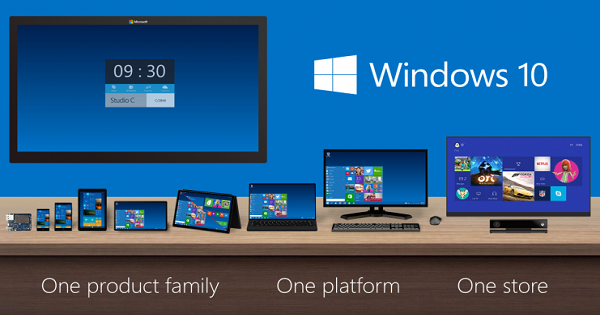Posted by : Cyber Freak
Saturday, 7 July 2012
According to the Privacy Rights Clearinghouse, the loss or improper disposal of paper records, portable devices like laptops or memory sticks and desktop computers have accounted for more than 1,400 data-breach incidents since 2005 — almost half of all the incidents reported.
More than 180,000,000 individual records were compromised in these breaches, which included individuals’ names, Social Security numbers, addresses, credit-card information and more. This is compared to the 631 incidents from the same period that the Clearinghouse assigns generically to “hacking or malware.” Your private data is more likely to be put at risk by a factotum leaving a laptop on a train than by a wired teen with too much time on his hands.
the recent high-profile security breach at LinkedIn shows that one of the greatest risks to our personal security is ourselves: more than two-thirds of the leaked LinkedIn passwords were eight characters or fewer in length, and only 1% used the mix of upper- and lower-case characters, numbers and symbols that makes passwords difficult to crack. But these more serious threats don’t seem to loom as large as hackers in the minds of those who make the laws and regulations that shape the Internet. It is the hacker — a sort of modern folk devil who personifies our anxieties about technology — who gets all the attention.
The result is a set of increasingly paranoid and restrictive laws and regulations affecting our abilities to communicate freely and privately online, to use and control our own technology, and which puts users at risk for overzealous prosecutions and invasive electronic search and seizure practices. The Computer Fraud and Abuse Act, the cornerstone of domestic computer-crime legislation, is overly broad and poorly defined.
The hacker in American film, almost always white, middle class and male, is immature, socially alienated, vindictive and motivated by selfish goals or personality problems. The plots of such films are built on apocalyptic techno-paranoia, reflecting a belief that hackers have supreme control over the technologies that make the world run. News coverage parallels the pop culture frame. Basement-dwelling hackers remain a primary villain on the evening news and the front page, even at the cost of an accurate and rational portrayal of current events. “Hacking” is used as a catch-all term to describe almost any computer-related crime or “bad” action, no matter the skills or techniques involved.
Recent court decisions, like the opinion handed down by the Ninth Circuit in US v. Nosal, work to narrow the scope of the CFAA, which gives hope to the idea that it is possible to regulate the Internet in a more reality-driven way. In order to achieve that regulation, though, we must discard the hacker stereotype as a central social villain and legal driver. The past few years have seen the internet emerge as a central haven for political speech, domestically and internationally. The Internet has been used to exchange ideas, organize protests and overthrow dictators.
- Back to Home »
- government , hackers »
- If Hackers Didn't Exist, Governments Would Have to Invent Them














